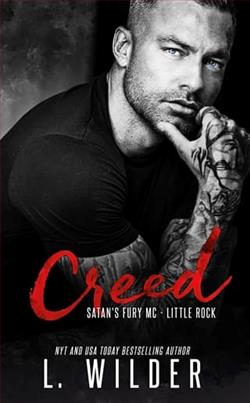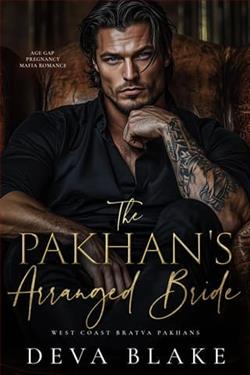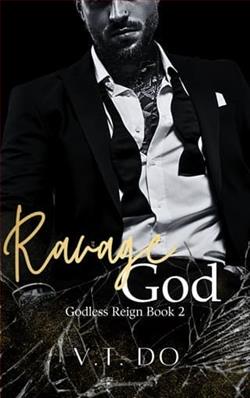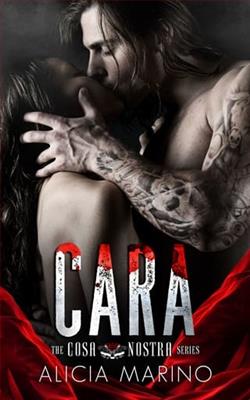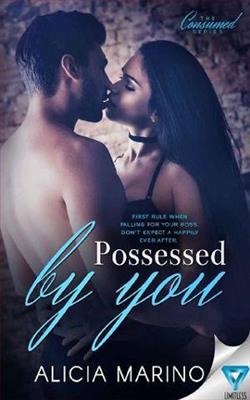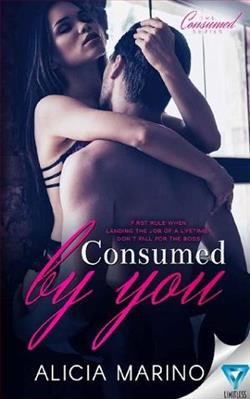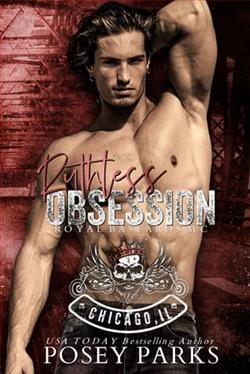Page 64 of A Storybook Wedding
I’m not a social media person. Never have been. I don’t even have an old, expired Facebook account or anything close. I could barely handle online dating. The last thing I want to ever have to do is put more of my personal information out there on the internet.
I say as much after raising my hand, and Professor Devereaux explains that social media is an unfortunate reality that can potentially mark the difference between being a hobbyist writer versus a professional author. This is a part of the business side of things that many authors don’t want to see or perhaps have never been properly prepared for, which is exactly why she’s doing this presentation right now.
It’s incredible how easily I can be swayed.
For the last eighteen years of my life, since getting my first phone at the age of twelve, I have avoided joining social media platforms. Yet here I am, just days away from turning thirty, being told by a woman who’s probably more than twice my age that not having social media could render me DOA when my query letter lands in an agent’s mailbox, because they’ll look me up online and find me exactly nowhere. Suddenly, I’m downward spiraling into a frantic Google search for “the best social media platforms for authors.” Professor Devereaux suggests Instagram for me, and since I am uncomfortable with posting lots of visuals, she recommends that I learn how to use Canva, which will enable me to create imagery without having to actually be in the pictures myself. While it’s an evolving situation, Bookstagram, she says, “is one of several platforms where the writers are expected and encouraged to interact with their readers.” But she also suggests TikTok and even YouTube. She tells me that she’s responsible for all of the social media accounts for the Matthias University MFA program, and they’re extremely useful for sharing news, video reels, events, grants, and such. So by the time I see Nate at lunch, I tell him I need him to take a profile picture of me for Instagram, and he raises an eyebrow.
“Since when do you care about social media?”
“Since Alice Devereaux told me that if I’m not online, no one will ever want to publish my work.”
“Okay, CJ. Hear me out. That’s a load of bullshit.”
“She had statistics, Nate.”
“So what? I didn’t have any social media when I got signed.”
“But you do now, so obviously you believe in it.”
“My publicist believes in it. I’m just saying you don’t need to shift your focus to something that’s so obviously not who you are. Agents will come for you based on your book, not based on your presence online,” he insists. “Trust me. If you were writing nonfiction, it would be another story. You’d need a platform, without a doubt. But for fiction? I could not disagree more.”
I sigh. “She had statistics,” I say weakly.
He laughs. “I’m sure she did. I’m just looking out for you though. I know how much you hate being online. Having social media is so much more than just putting up a profile. That’s what a website is for. With social, you need to engage with people. That’s a job in and of itself. You need to be active. It’s almost worse if you have a social media presence but it’s stagnant. I’m telling you—people are paid lots of money to manage social media for celebrities because it’s an encumbrance.”
“So you think I should wait.”
“Sure. I don’t see there being any kind of rush. Honestly. Query your manuscript. See how that goes. Then we’ll take it one step at a time.”
My nerves flutter at hearing him say that we’ll take it one step at a time. I like that we’re a we, even if we’re only faking it.
Unfortunately, Alice Devereaux has planted a seed in my overly fertile gray matter, and it’s already taken root.
The next day, I’m excited to be back in her workshop. I feel a little like a traitor; she clearly dislikes my husband, but she also respects me and my work, and I’m so shaken by this development that I’m chasing the high of it. We workshop Megan’s piece, and Devereaux rips it to shreds, which makes me feel even more like a big shot, since she was so complimentary of mine by comparison. I feel bad for Megan and look for the redemptive elements of her writing so she doesn’t only take away negativity from this moment, especially since she’s a new student, and I don’t want to see her turn into a pile of mush like I did in my first workshop last semester. But I am bold; I offer up a craft book that helped me refine my dialogue, I mention a great thesaurus I use online, and I suggest a romance author whose work I’ve enjoyed where the door to the sex scenes is always all the way open.
After the critique portion of the workshop followed by a short break, Professor Devereaux begins a presentation on grants, contests, and prizes. Again, armed with a slideshow, she shares a plethora of intel about different ways to get our work out there, starting from the macro level and working her way down to the micro. She teaches us about a platform called Submittable, which is often used by lit mags for contest entries, and explains how to research different magazines and publications and the importance of building up a publishing résumé so that we have proof positive that we are professional writers whose stuff people think is worthy of reading.
I don’t have time to begin writing short pieces for literary magazines (or any kind of magazine or journal) before I begin the querying process for agents though, so I take lots of notes but file them away in my binder under Next Steps after Querying, because yes, I have a section for that. I ask if my debut publication in Seventeen magazine all those years ago would be good to put on a résumé, and Professor Devereaux smiles politely while shaking her head no. “If you want to be viewed as a professional, don’t introduce yourself to the world with your childhood amateur-hour trophies.”
Oof, I think. Noted.
Professor Devereaux continues her lecture by whittling down all the way to what she calls “hyperlocal” accolades, the most interesting of which is coming up on January 3—the Matthias University MFA Rising Star Program. I read about it in one of my shiny brochures last semester but felt like I was a long way off from applying for it at that time. The application deadline is December 31 (which happens to be tomorrow), and there are prizes for fiction, creative nonfiction, and poetry. The application is available to anyone who is a current or former student at MUMFA, and although the prize money is negligible ($100), it also includes a reading at graduation on the night of the third and publication of the reading selection in Matthias’s literary journal, The Isle.
If I win it, I could have an accolade to put on my résumé by next week, a speed that is unheard of in the writing community.
I hate to admit it, but Alice Devereaux is becoming a really helpful resource.
I’m eager to discuss the Rising Star Program with Nate, but this afternoon, we have mentor interviews, and since he and I are basically not even allowed to be in the same room during that particular exercise, I figure I’ll just have to wait until tonight to talk to him about it.
Nate skips lunch but texts me to let me know so that I won’t worry. Got a sick idea for a plot twist in my MS, he writes. Gonna stay in my workshop room to play with it a little bit. Please eat without me, and don’t worry—I’ll fend for myself for lunch, wifey. He adds a smiley face emoji, and I respond with a red heart and a Got it, sounds good text. I take the opportunity to sit with Dillon Norway, since I am hoping to keep him as my mentor for the coming semester.
It’s as I’m talking to him about his thoughts on social media that Alice Devereaux joins our table.
Small talk ensues, about the weather (a big winter storm is in the forecast) and about the soup choice for this afternoon (tomato basil, which has a little kick to it thanks to the fresh ground pepper on top but is quite good). Then Professor Devereaux asks Dillon Norway if he happened to read the selection I submitted for workshop.
“I did,” he says. “Cecily here is quite talented.”
“Thanks to your tutelage,” I say, smiling.









